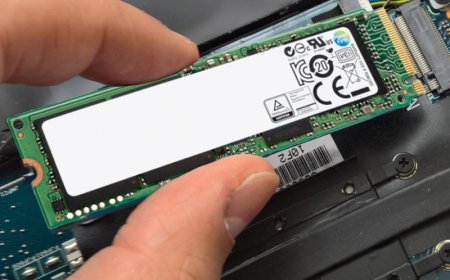Is Your Pet in Pain? Here’s How to Tell—And What You Can Do About It
Just like humans, pets can experience pet pain due to a variety of issues: injuries, chronic illness, post-surgery discomfort, or simply the effects of aging. Older pets, for instance, are more likely to suffer from arthritis or joint pain.

As pet parents, we know our furry companions can't exactly say, "Hey, I'm hurting over here!" But that doesnt mean they arent trying to tell us. From subtle shifts in behavior to changes in appetite or energy, pets show pain in ways that can be easy to miss if youre not paying close attention. Whether you're a new pet owner or have shared your life with animals for years, understanding how to recognize and manage your pet pain is key to keeping them happy, healthy, and thriving. Lets break it down.
Why Pets Feel Painand Why It Matters
And while some discomfort might be short-lived, chronic pain can seriously impact your pet's quality of life if left untreated. By learning how to spot the signs of pain in pets early, you can get your pet the help they needsooner rather than later.
Common Causes of Pain in Dogs and Cats
Injuries and Accidents
Falls, rough play, or getting hit by a car can all lead to acute pain. This type of pain usually comes on suddenly and often needs immediate veterinary care.
Arthritis and Joint Issues
Especially common in older pets, arthritis causes inflammation in the joints. If your dog or cat seems stiff or reluctant to move, arthritis could be the culprit.
Dental Problems
Bad breath? Drooling? Avoiding kibble? Dental disease can be painful and is surprisingly common. Regular vet checks (and maybe even a pet toothbrush!) can make a big difference.
Internal Conditions
Things like pancreatitis, kidney disease, or bladder infections can cause internal discomfort. Look for symptoms like lethargy, loss of appetite, or your pet acting more withdrawn than usual.
Post-Surgery Pain
After medical treatments or surgeries, your pet might be sore during recovery. Most vets provide pain management for pets to ease the healing processmake sure to follow them closely.
Signs Your Dog Might Be in Pain
Dogs tend to wear their hearts on their sleeves (or paws), but signs of pain in pets can still sneak under the radar. Look out for:
-
Less activity or limping
-
Vocalizations like whining or whimpering
-
Sudden aggression or irritability
-
Changes in appetite or water intake
-
Favoring one side or guarding a body part
Signs Your Cat Might Be in Pain
Cats, on the other hand, are pros at hiding discomfort. If your kitty isnt acting quite like themselves, heres what to watch for:
-
Skipping grooming, leading to a dull or matted coat
-
Hiding more often or being less sociable
-
Changes in eating, drinking, or litter box habits
-
Increased or unusual vocalizing
-
Trouble jumping or climbing
How to Help: Managing Pain in Pets
If you suspect somethings wrong, dont wait. A visit to the vet can help determine whats going onand what you can do about it. Pain management for pets may include:
Medication
NSAIDs, opioids, or other prescription medications can help reduce inflammation and manage discomfort. Always follow your vets guidance.
Physical Therapy
Targeted exercises, stretches, or massage techniques can improve mobility, especially for pets with chronic joint issues.
Weight Management
A healthy weight can reduce the strain on your pets joints. Ask your vet for diet recommendations and activity ideas.
Alternative Therapies
Options like cold laser therapy, acupuncture, and hydrotherapy are becoming more commonand many pets respond really well.
Final Woofs and Meows
The bottom line? Pet pain is a part of lifebut suffering doesnt have to be. By staying tuned in to the signs of pain in pets and acting quickly when something seems off, you can be their best advocate. After all, theyd do the same for you.
Want a deeper dive into this topic? Visit the original article published by Kainer Veterinary Hospital here.
Got a Gut Feeling Somethings Off?
Dont ignore it. Call your vet, ask questions, and be proactive. If you're near Montgomery, TX, the team at Kainer Veterinary Hospital is always ready to help you and your four-legged friend feel better.






































